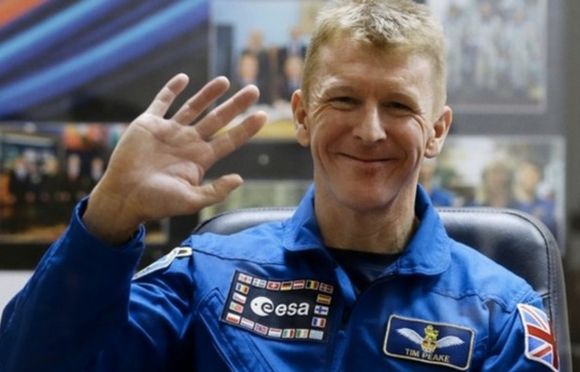Hope you all managed to watch UK astronaut Tim Peake safely reach the ISS. Whether you caught it live on the news, or the Stargazing Live Special, i thought the coverage was quite extensive and actually rather tense and exhilarating.

 Of course Major Tim is not the first Britain in space, that honour went to Helen Sharman in 1991 who had secured private funding with the Russian government and spent a week on Mir. Other ‘space brits’ have dual citizenship and have flown under the American flag. These include Piers Sellers, Nicholas Patrick and Greg Johnson. The most experienced British-born astronaut is Michael Foale, who was turned down twice before being accepted as a Nasa astronaut. Foale has missions to the Mir station and the ISS under his belt. Finally, British-born games developer Richard Garriott followed in the footsteps of his father, Nasa astronaut Owen Garriott, and travel to the ISS on a Russian rocket in 2008. Major Tim Peake is however the first British astronaut to be funded by the taxpayer (you and me) and as such his stay on the ISS is being used to promote ‘the sciences and engineering’’ at schools and colleges.
Of course Major Tim is not the first Britain in space, that honour went to Helen Sharman in 1991 who had secured private funding with the Russian government and spent a week on Mir. Other ‘space brits’ have dual citizenship and have flown under the American flag. These include Piers Sellers, Nicholas Patrick and Greg Johnson. The most experienced British-born astronaut is Michael Foale, who was turned down twice before being accepted as a Nasa astronaut. Foale has missions to the Mir station and the ISS under his belt. Finally, British-born games developer Richard Garriott followed in the footsteps of his father, Nasa astronaut Owen Garriott, and travel to the ISS on a Russian rocket in 2008. Major Tim Peake is however the first British astronaut to be funded by the taxpayer (you and me) and as such his stay on the ISS is being used to promote ‘the sciences and engineering’’ at schools and colleges.
Why though has it taken so long for the government to realise the potential in having our own astronaut to promote science? Why indeed? You only had to look at the genuine wonderment and excitement of all those school children gathered in the Science Museum when the Soyuz rocket blasted off, to understand how this mission should act as a catalyst, a ‘space key’ to unlock that portal for all those ambivalent to science.
It does therefore seem somewhat short sighted (despite what the government trumpets or claims to be doing) that the funding is just for Tim Peake’s mission – nothing beyond, as yet. What price education?
But let’s be positive and hope Tim Peake’s six month stint on the ISS does create enough interest to keep him and the work being carried out on the ISS in the media spotlight. If so the ‘penny may drop’ and the government may invest long term in our children’s future. A nation’s wealth and prosperity is stimulated and grown by many factors, the UK’s involvement in manned space flight should be increasingly considered as one of them.
- Log in to post comments
